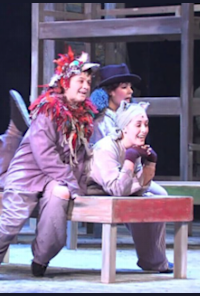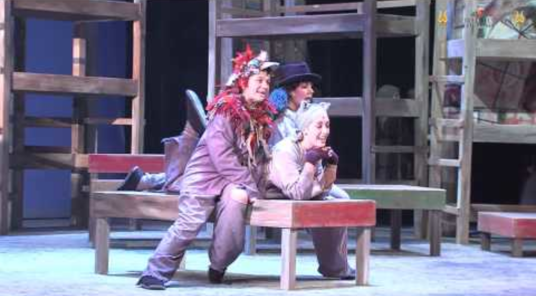Producció disponible per lloguer: Sets, Costumes, Score



Brundibár (Brundibar), Krása
Compartir
Teatro dell'Opera di Roma (2013)Informació de l'organització artística (verificada per Operabase)
23 - 26 Gener 2013 (4 representacions)
Visiteu el lloc webBrundibar by Krása, Dv. 25 Gen. 2013, De (2013/2013), Dirigit per Cesare Scarton, Director musical José Maria Sciutto, Teatro Nazionale, Rome, Italy
Visualització del repartiment i del grup 25 Gen. 2013
Productor

(2013 Gen. 23, 24, 25, 26, 2022 27)
Conductor
Stage director
Tripulació
Set designer
Lighting designer
Costume designer
Conjunt
Més informació sobre el compositor
Més informació sobre el treball musical
Mira-ho ara a
youtu.be
27 Gen., 2022Gratuït

